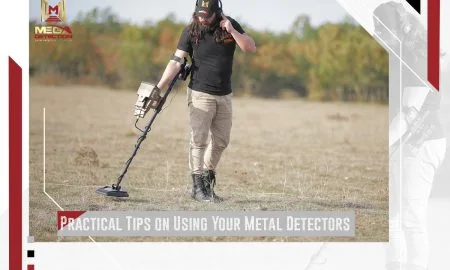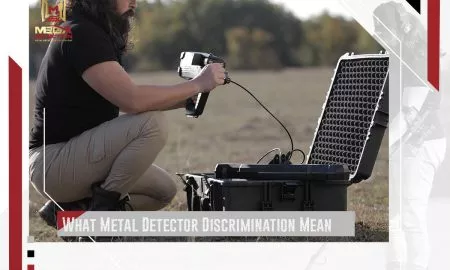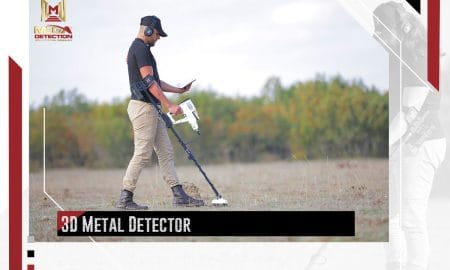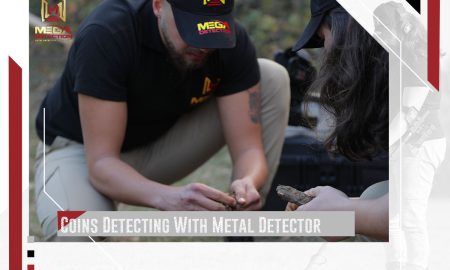Metal Detector Prices , How Much Does a Metal Detector Cost?
Metal Detector Prices , How Much Does a Metal Detector Cost?
Metal Detector Prices , when you decide you want to jump into the metal detecting hobby, it can be very confusing when it comes to finding the perfect treasure hunting machine. You want one that will find tons of buried gems but also be easy to use and work reliably well. And the truth is, until you are sure you will absolutely love detecting, you probably won’t want to spend a ton of money.
When you short things down, all metal detectors use the same basic design. There is a coil, a control box, and a shaft. The two main features are sensitivity and discrimination, and these are crucial because they determine how successful you will be in finding coins, jewelry, gold, or relics.
Now, before you can find a detector that does exactly what you want, you need to think about a few things so that you’re sure you’re buying a detector that will have all the features you need. In fact, I recommend you ask yourself some questions to know Metal Detector Prices,
Where will I be searching?: The area you plan to search will be very important in choosing a device. If you plan to be anywhere near water, you should get a waterproof detector. If you want to use the detector as you scuba dive, you need to get a submersible If the area you will be searching is highly mineralized, you may want to get a pulse induction detector.And if you going to be travelling to hunt? Well, you will want to consider a metal detector that has sections that can easily come apart.
What do you want to find?: Most beginners just want to find anything, but once you get used to hunting, you may want to specialize in a certain type of metal. Do you want to find gold, coins, jewelry or relics? Different detectors can search for certain objects easier than others.
How big of a machine do I need?: If more than one person will be using the machine (especially if children are going to use it), you need to think about whether the detector is adjustable. You need to consider the weight of the machine, too. A few pounds doesn’t sound like much until you are swinging it back and forth for several hours. The lighter the machine, the longer you will be able to use it comfortably.
Will it be easy or complex to use?: Many metal detectors are “turn on and go” machines and this is definitely what you want. Even experienced hunters choose to use machines that do not require a lot of advanced studying or knowledge in order to operate effectively.
Now that you know what you want your metal detector to do, you can start your search by looking at the features your detector will need so you can find what type of metal you want.
As you’re comparing metal detectors, there are some things that will boil down to preference, while others are just really non-negotiable. The most important thing to remember is that you should choose a metal detector that is comfortable to hold and easy to use. Metal detectors that have an LCD screen and a button interface will be intuitive even for beginners.
You could also choose metal detectors with knobs where you manually set the discrimination and sensitivity. Think of it like a radio. You could choose buttons for preset channels or you could use knobs to tune to your favorite stations.
Either way, you learn which ones are your favorites and you tend to use those the most. The same is true with metal detectors and their settings. Knobs and buttons are both great, but they are just a little different when you’re using them.
Sensitivity and Discrimination
The two words you will encounter most as you are looking at metal detectors are sensitivity and discrimination, as I mentioned earlier. These are both important and will go a long way in determining how successful you will be in your hunts. Sensitivity determines how much depth the metal detector will search.
If you turn your sensitivity higher, the detector will search at lower depths. However, you can’t just set it to the highest level or you might end up with a lot of interference and false signals because the ground mineralization could give off some false alarms.
If your detector is beeping frequently, you probably need to reduce your sensitivity. If you’re not sure how to set it, you can always bury a test target and see if your detector will find it. If not, turn the sensitivity up until it does. It’s usually best to keep the sensitivity in the mid-rage until you really get some experience under your belt.
Discrimination is another important term you’ll hear a lot in the world of metal detecting. The discrimination helps you determine whether you are detecting a real valuable target or junk, like bottle caps or foil wrappers.
Each metal detector is different in how it handles discrimination tones, but almost all of them give unique tones for different kinds of targets. It will take some experience to figure out which tones are indicating that you should dig and which tones are likely just junk that you should ignore.
In the beginning, you will probably dig a lot before you find something you really want to keep.
Finding a Good Metal Detector on A Small Budget
Now that you know the basics of metal detector features, let’s talk about your budget. Detectors can range in price from $100 to well over $1000.












Leave a Reply